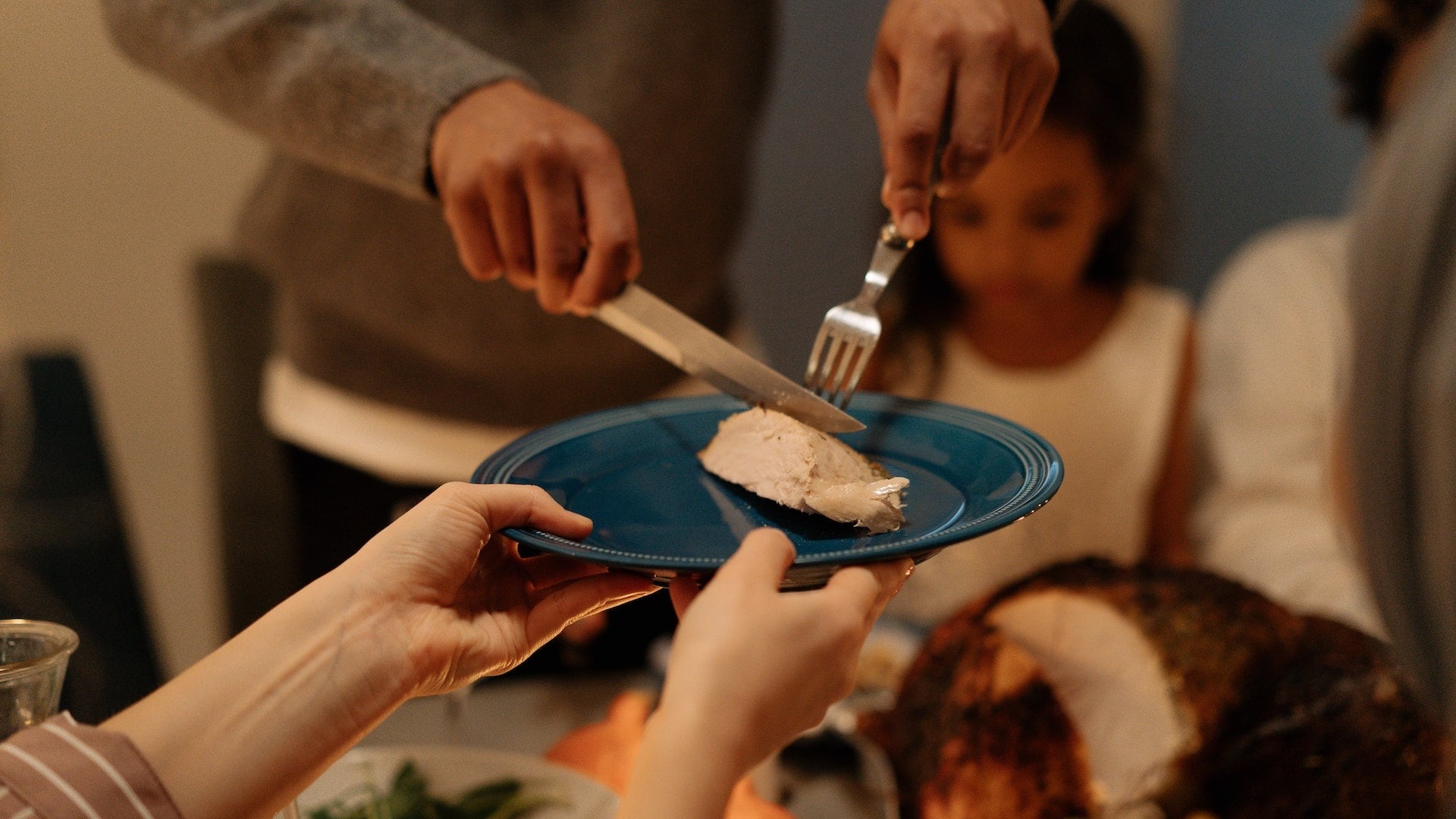My wife is in school right now, and every time she wants to get feedback on an essay, I ask the same question: What’s the assignment?
That question has always resonated with me.
Back in high school, I saw the disconnect firsthand between teachers who wanted students to learn about life, and students who saw teachers as resources from which they were to extract good grades. Many of my high-achieving friends would ask questions like, “How many points is this worth?” and, “What do I need to do to get an A?” They would be super annoyed when our teachers would get all wholesome and sanctimonious, but over time, the lessons would sink in. In biology, for example, we weren’t in class just to memorize details about plants and animals—we were there to learn about various plants and animals so we could appreciate the land and everything in it. Our assignment was not simply to regurgitate facts, but to learn.
In any situation, our chances of success are predicated on our ability to understand the assignment.
This is especially true when it comes to observing the Thanksgiving holiday. If we don’t take time to examine the purpose of the holiday and how it connects with our faith, then we risk going through the effort of traveling and preparing food and whatnot without achieving what it was intended to accomplish.
It’s instructive to remember that when Abraham Lincoln established Thanksgiving as a national holiday in 1863, it was in the context of helping the nation heal. Lincoln implored Americans to give thanks, and while doing so, to also offer “humble penitence for our national perverseness and disobedience” and to “commend to [God’s] tender care all those who have become widows, orphans, mourners, or sufferers in the lamentable civil strife in which we are unavoidably engaged.”
Those lofty words referenced the ugly war being fought to curtail the political power of confederate states that tried to preserve their right to enslave Black people. In that moment of history, Lincoln didn’t want Americans to forget that they were at war; he wanted to express thanks in the midst of it and, more important, repent of their complicity in it.
This stands in stark contrast to how too many of us have become accustomed to celebrating; these days even the holidays are grounds for Christian culture warring. So even if we stop to give thanks for the food on our tables and a roof over our heads, the gratitude is mixed with an implicit willingness to protect our community and our preferred way of life, even if that impedes the flourishing of other people in other communities. We give thanks for what we have, even as we fight for the right to keep it.
But what if that’s not the assignment?
In his book, Shalom and the Community of Creation, Indigenous author and theologian Randy Woodley says that much of our factional conflict stems from a misunderstanding of Genesis 2. Many translations tell us that Adam and Eve are instructed to exercise dominion over the earth. But Woodley says that in the original language, the instruction is less to take over the earth and more to take care of it. Our assignment as believers is to participate with God in caring for the whole community of creation, which includes not only people, but animals, plants, and the earth itself.
It’s no coincidence, then, that the Spirit leads Jesus into the wilderness in Luke 4. Only after communing with creation was Jesus grounded enough in the truth—having rejected the devil’s temptations—to return to the synagogue, read Isaiah 61, and declare himself the fulfillment of that passage to an astonished crowd of onlookers.
But he didn’t stop there. Jesus then reminded the people in the synagogue of God’s history of blessing people outside Israel’s borders, like Naaman the Syrian in 2 Kings 5, and the widow in Zarephath in 1 Kings 17. Jesus wasn’t trying to shame his listeners; he was reminding them that the blessings he had to offer—good news to the poor, freedom to the captives, sight to the blind—were not for them to hoard. They were his gifts to offer freely to anyone in need. Of course, God’s people are always a little slow to understand, so rather than thanking Jesus for his audacious, groundbreaking sermon, they grumbled and began plotting his murder.
I’m convinced that the reason we have the Thanksgiving holiday is to give us a necessary annual boost in morale to help us in the work ahead, caring for the whole community of creation. We immerse ourselves in the aesthetic pleasures of food and the emotional pleasures of relationships because it helps us to be not only grateful for what we have but generous enough to share it with others.
And we watch NFL football so we can jeer at how badly the Detroit Lions suck—err, I mean, something about humility or whatever.
So don’t go into Thanksgiving this year without knowing the assignment. It’s not just to know some passages in the Bible or our nation’s history. It’s not to project an image of polished, anodyne togetherness so you can feel smug and secure about your superiority over other people.
Our assignment is to be grateful for God’s blessing and to pause to consider how God is inviting us to extend that blessing outward to the people in our circles and beyond.
Even if, God bless ’em, those people are Lions fans.














